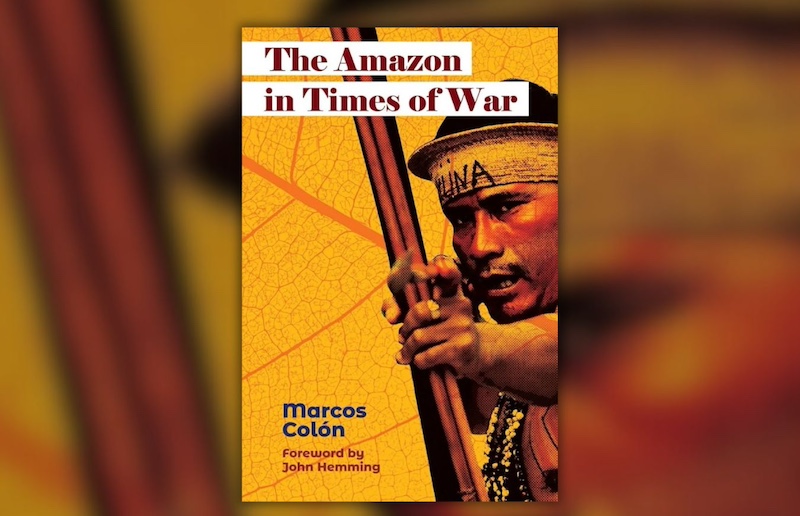
The Amazon in Times of War (Review)
- 21.03.2025 00:00
- nacla.org
- Keywords: Environmental Destruction, Human Rights Violations
Marcos Colón’s book examines how Jair Bolsonaro’s government caused environmental destruction in the Amazon through institutional violence against Indigenous communities. It highlights the intersection of politics, ecology, and human rights during his tenure.